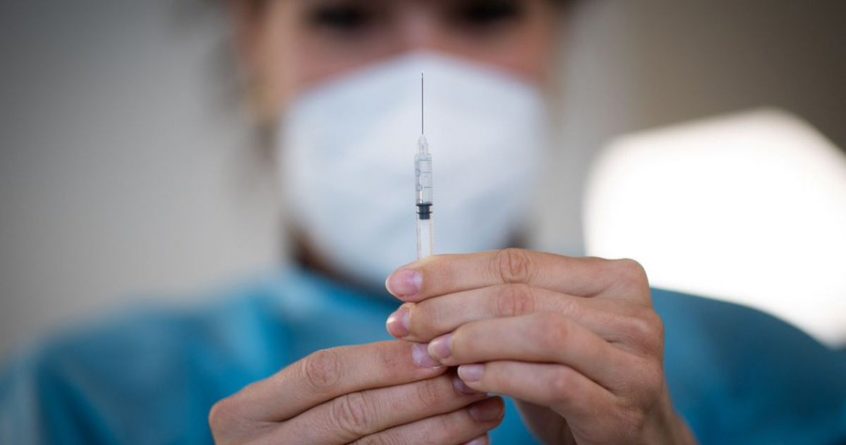Little by little we’re learning that a Covid vaccine affects more and more parts of the body. This shouldn’t be surprising as other vaccinations, HPV, for example, do too. The latest post-Covid discovery is its effect on menstruation.
Alterations to menstrual periods and unexpected bleeding aren’t in the list of Covid side effects, but doctors say women are complaining of menstrual side effects shortly after vaccination.
More than 30,000 reports on Covid vaccines were made to MHRA’s drug surveillance scheme by September 2, 2021, according to Victoria Male, lecturer in reproductive immunology at Imperial College London.
As menstrual changes have been reported after both the Pfizer BioNTech and the AstraZeneca type of vaccines, it suggests that they are the unlikely culprits. However, it’s more likely to be a result of the immune response to vaccination.
Vaccination against human papillomavirus (HPV) has also been associated with menstrual changes and we know the menstrual cycle is prey to immune arousal from various stimuli, including viruses. In one study of menstruating women, around one in four of those infected with Covid had disturbed menstrual periods, possibly due to immunological influences on the hormones controlling menstruation or on the immune cells in the lining of the uterus.
As menstrual disruption after Covid usually returns to normal by the next period, there’s no evidence that Covid vaccination adversely affects fertility. This is borne out in clinical trials where unintended pregnancies occurred at comparable rates in vaccinated and unvaccinated women, and pregnancy rates are similar in vaccinated and unvaccinated patients attending fertility clinics. It’s crucially important that this reassurance is made public.
Vaccine hesitancy among young women is largely driven by false claims that Covid vaccines could harm their chances of future pregnancy. So although changes to the menstrual cycle after vaccination are short-lived, we badly need rigorous research into this side effect to further promote the success of the vaccination rollout.
If there is found to be a confirmed link between vaccination and menstrual changes, people will be able to plan for potentially altered cycles. Trusted information is important for those who rely on being able to predict their cycles to achieve or avoid pregnancy.
If we’re to gather this information it’s essential that all clinical trials on vaccines include questions about menstruation as participants are unlikely to report changes to periods unless specifically asked.
Information about menstrual cycles and other bleeding should be actively sought in any future clinical trials of Covid vaccines.

